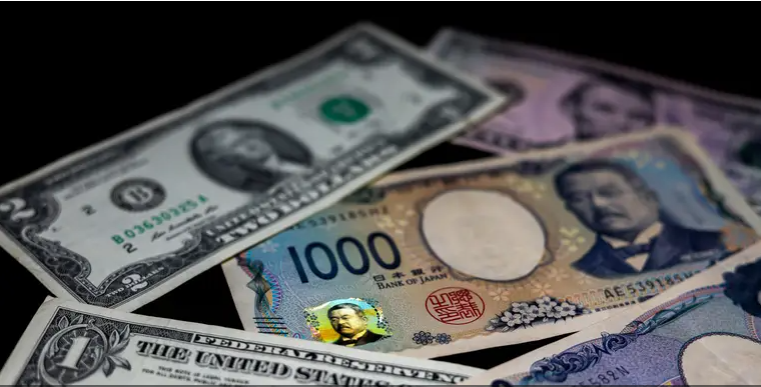? Which Currencies Matter in 2025?
When people talk about currency exchange, most immediately think of US dollars, euros, or maybe British pounds. But the global economy in 2025 demands a broader outlook. More and more alternative currencies are entering the spotlight – reliable, stable, and increasingly in demand. Let’s take a look at who they are.
Swiss Franc: a rock in stormy seas
The financial fortress of Europe. Switzerland stands for stability, and its franc is a safe haven in turbulent times.
Fact: The franc is a “safe haven” currency. When everything falls apart, it stands tall -like the Alps.
Canadian Dollar: northern reliability
The “loonie” isn’t just a cute nickname – it’s backed by a resource-rich economy.
Fact: Frequently used for portfolio diversification, especially alongside the USD.
UAE Dirham: oil, skyscrapers, and confidence
Pegged to the dollar, but wrapped in Arabian luxury.
Fact: Widely used in real estate deals and international trade.
Czech Koruna: when East means steady
Small but mighty. The Czech economy is among the strongest in Eastern Europe, and its currency reflects that.
Fact: Popular with tourists and businesses thanks to an independent central bank.
Danish Krone: almost euro, but with flair
Denmark is in the EU but kept its krone. The result? Stability meets independence.
Fact: Pegged to the euro, but trusted as a standalone asset.
Chinese Yuan: the dragon heads West
The yuan is gaining traction globally. China wants its currency to roar as loud as its economy.
Fact: Ranks in the top 5 global currencies for international payments.
? Conclusion: every portfolio needs its own currency
Dollar and euro are the classics. But 2025 shows us: smart investors diversify. Francs, yuans, dirhams…
Each currency has its own character and logic. And smart diversification is no longer a luxury – it’s a must.
All content provided on this website (https://wildinwest.com/) -including attachments, links, or referenced materials — is for informative and entertainment purposes only and should not be considered as financial advice. Third-party materials remain the property of their respective owners.


